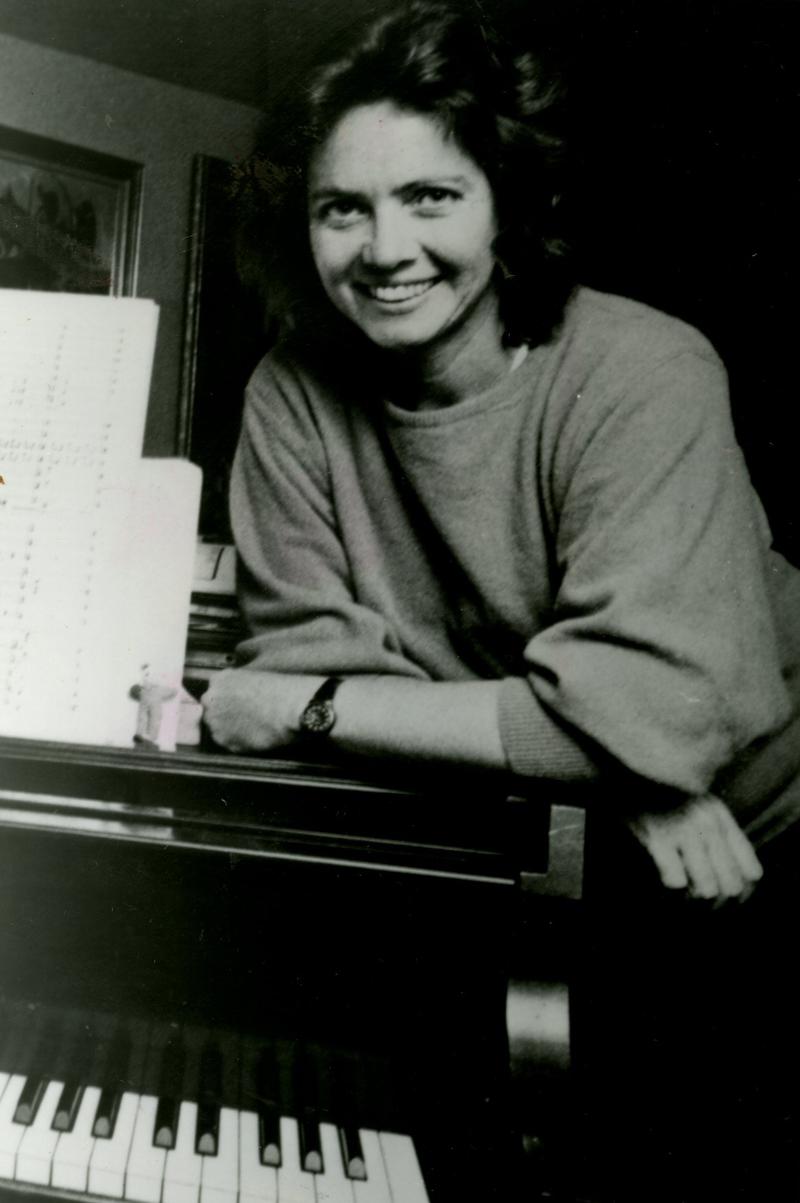
Brief bio by Tim Page.
Zwilich begins by saying she was very taken with sound as a small child and starting to play the piano as soon as she could reach the keys and that the impulse to make music has always been with her. She describes music as a very social art--although as a composer she spends a large amount of time alone. Zwilich notes that there was a large cast involved in bringing together the elements of her Pulitzer prize winning work and she says the artist in a garret is true to some extent but, "what we do is reach out to other people and [that] requires the intervention of others." She comments on the role of women in music and says that "everyone says you shouldn't be a composer." However, Zwillich notes that it is more possible today to make a living as a composer than it was 15 years ago. Still, she feels it is an ill advised adventure that should only be embarked on if you are committed.
On the role of women and sexism in music, Zwilich notes that music reflects society. She notes that Western art music grew up in the church where no women were allowed, choir boys were castrated and the court was an all male institution. If society has certain restrictions and concepts about women, she says, then they create an order that reflects these concepts.
Zwilich's - A String Trio from 1982 - Nancy Cirillo, violin; Katherine Murdoch, viola; Ronald Thomas, cello.
Tim Page: Why does so much modern music have to be dissonant?
Zwilich says this is a frequent question from people largely exposed to pop music. The language is pre-Bach and very conservative. There is a continual growth of the harmonic language. She wants her music to go from the clearest idea to the most complex sound that marks it as part of the 20th century. She says the full range of harmonic possibilities should be embraced. Zwilich is not comfortable with the term "hero." She doesn't think she has heroes although there are many people "who interest her" including Schoenberg, Bartok, and Stravinsky. She says, however, that she doesn't want to be in the position of "˜choosing sides' — of hating one, and loving another. Zwillich believes that most of what we know about music is based on an era where communication was poor. Now, however, she says you can switch a dial and hear a Mozart symphony on instruments from the period or put on a record and hear Tibetan chants. It is something only a small number of people could do several decades ago... The result Zwilich says has to produce a diversity of music.
Lich's Passages for Soprano and Instrumental Ensemble. Set to poems by A.R. Ammons.
Zwilich discusses the work before it is played.
WNYC archives id: 8910
